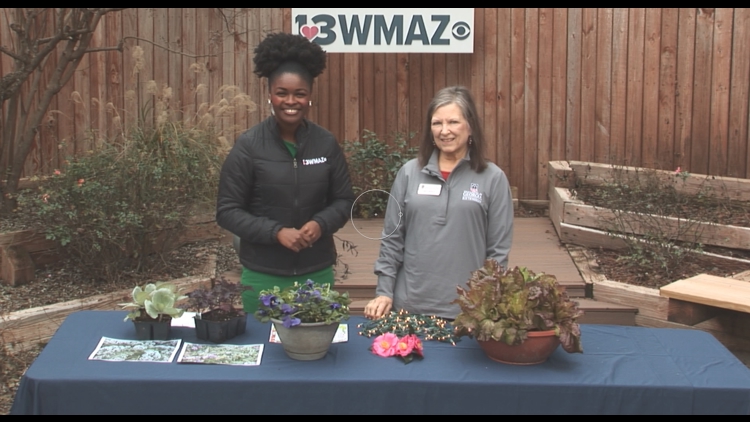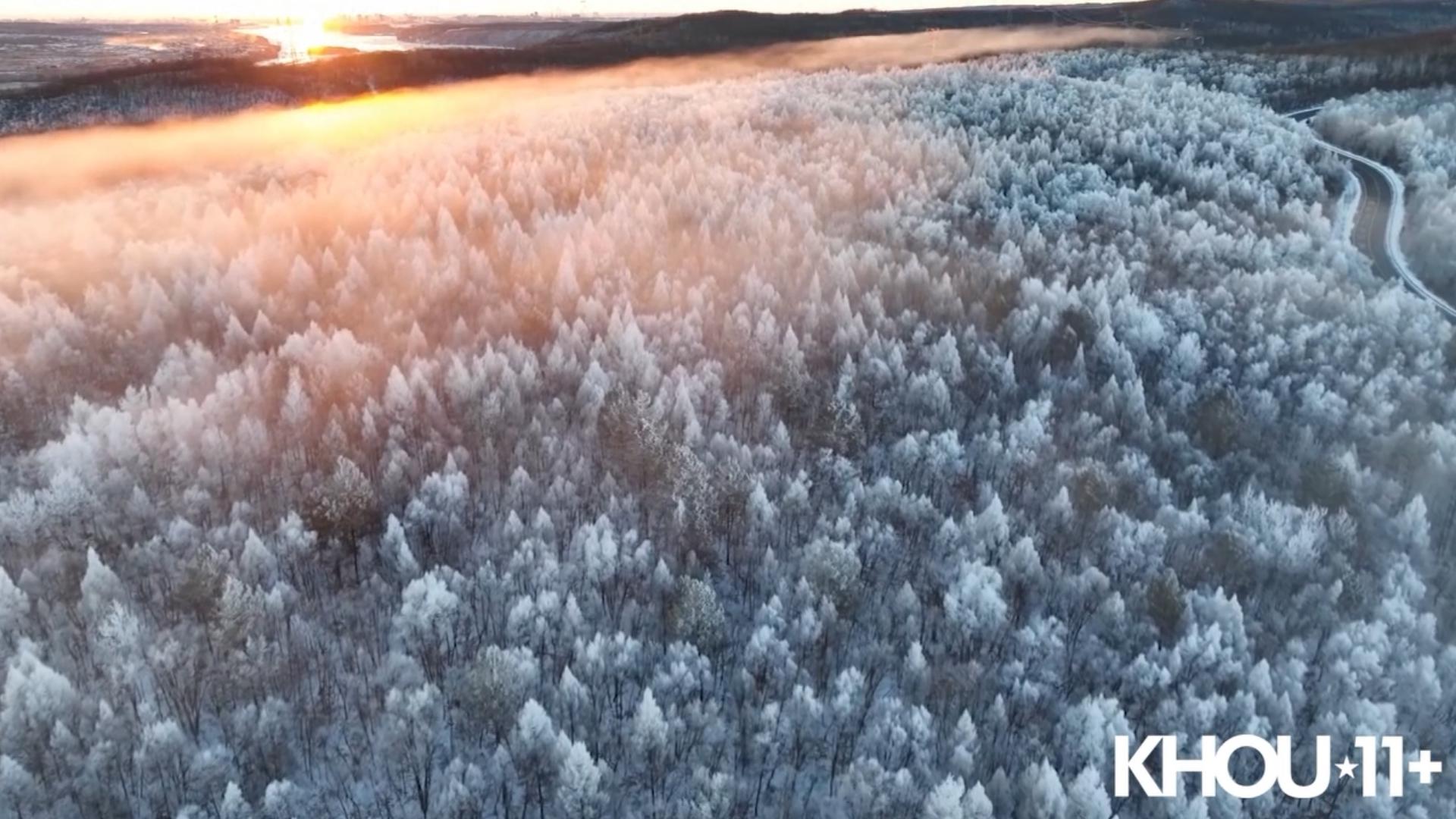MACON, Ga. — As the colder months settle in, many gardeners wonder how to protect their plants from the chill. Kathy Hensley, from the UGA Bibb Extension, joined us in the garden to share expert tips on how protect your plants through the winter season.
Best Vegetables to Grow in Winter
When it comes to winter gardening, the key is choosing plants that are cold-hardy. According to Kathy, certain vegetables thrive in the colder temperatures of Central Georgia. These include:
- Cabbage
- Kale
- Broccoli
For gardeners looking to add more variety to their winter garden, Kathy recommends planting lettuce in containers. While lettuce can handle some cold, it’s a good idea to bring it indoors if the temperatures drop too low.
Using Incandescent Lights for Extra Warmth
As the temperature dips, protecting your plants from frost and freezing temperatures becomes essential. Kathy suggests using incandescent lights to provide a little extra warmth for your garden. These lights not only offer a festive touch, especially around the holidays, but they also generate enough heat to help protect plants from the cold.
To use the lights effectively, wrap them around your plants and cover them with cardboard or an old bedspread. This will trap the heat and keep your plants warmer at night, preventing damage from freezing temperatures. Just be sure to uncover the plants the following morning once the temperatures rise.
The Importance of Mulch
Mulch is another crucial element in winter gardening. Kathy recommends applying 2 to 4 inches of mulch, such as pine straw, around your plants. Mulch acts as an insulator, helping to regulate soil temperature and protect the roots from freezing. It also retains moisture, which is essential for plant health during dry, cold months.
Watering Tips Before the Freeze
Watering your garden is important during the winter, but timing is everything. Kathy emphasizes that you should water the soil before a freeze, not the plant leaves. When water is on the leaves during freezing temperatures, it can freeze inside the plant cells, causing them to burst and damage the plant.
By watering the soil, you allow the ground to absorb moisture, which can help moderate the temperature around the plants. However, avoid watering right after a freeze, as it can lead to additional stress on the plants.
Pansies: The Winter Warrior
Some plants are naturally more resilient in cold temperatures. Pansies are one of the best choices for winter gardens. Kathy explains that pansies can withstand frost, and even if they look a little worse for wear after a freeze, they’ll bounce back when the weather warms up.
The key to growing pansies during the winter is ensuring they are properly protected from extreme cold and are planted in well-drained soil.
Prevention is better than cure when it comes to winter gardening. Proper watering, mulching, and early-season preparation will go a long way in ensuring your plants thrive through the colder months.



